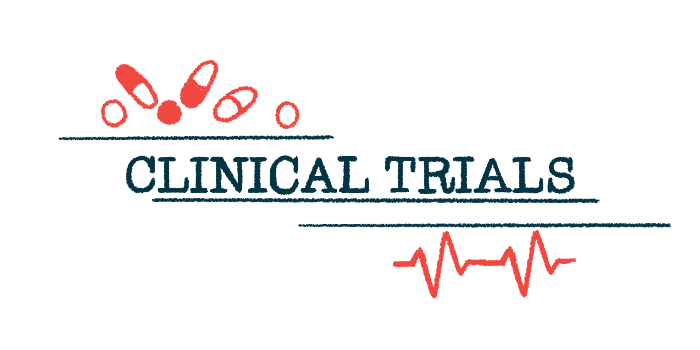Healthy volunteer study’s results net clinical trial for ALS therapy
ATH-1105 found to be safe, well tolerated; penetrated brain and spinal cord

An experimental oral therapy for amyotrophic lateral sclerosis (ALS) that’s being developed by Athira Pharma was shown to be safe and well tolerated in healthy volunteers who took part in a Phase 1 clinical trial, and the treatment entered the participants’ brain and spinal cords at dose-proportional levels.
The first-in-human trial (NCT06432647) tested the safety and pharmacological properties of single and multiple ascending doses of ATH-1105 in 80 adults. Based on the data, the company plans to launch a clinical trial with ALS patients this year.
Data were shared last week at the ALS Nexus conference. The poster, “Safety, Tolerability, and Pharmacokinetics of ATH-1105 in Healthy Volunteers,” was presented by Kai-Bin Ooi, Athira’s director of drug development and operations.
“The advancement of new treatment options for ALS is of vital importance to help prolong survival and improve quality of life of people living with ALS, and we are excited to be developing a potential novel approach with ATH-1105,” Javier San Martin, MD, chief medical officer at Athira, said in a company press release.
ALS is a neurodegenerative condition where the nerve cells that control muscle movement, called motor neurons, gradually become damaged and die.
What is ATH-1105?
ATH-1105 is a small molecule that’s designed to target multiple mechanisms in the disease’s progression, including inflammation and neurodegeneration. It works by boosting the hepatocyte growth factor (HGF) system, which has shown potential in preclinical studies at reducing inflammation, slowing neurodegeneration, and protecting neurons from further damage.
In animal models, ATH-1105 also reduced the toxic buildup of the TDP-43 protein in nerve cells, which, along with the other benefits, resulted in significant motor and nerve function improvements. It also significantly increased survival in a mouse model of ALS.
The now-completed Phase 1 study was launched to examine the safety and tolerability of ATH-1105, along with its pharmacokinetics, that is, how it moves into, through, and out of the body, in healthy volunteers. The trial was conducted in two parts, which respectively tested single or multiple ascending doses against a placebo. Both tested the drug as an oral solution and participants given multiple doses received it for 10 consecutive days.
ATH-1105 had a favorable safety and tolerability profile. Its pharmacokinetics — which included measurements such as the total dosage to which participants were exposed, the maximum dose, time to maximum dose, and amount excreted in urine — were dependent on the dose each participant received. The amount of medication that reached the brain and spinal cord also increased with increasing doses.
“Our Phase 1 safety, tolerability, and pharmacokinetic data are encouraging and support continued development of ATH-1105,” San Martin said.







